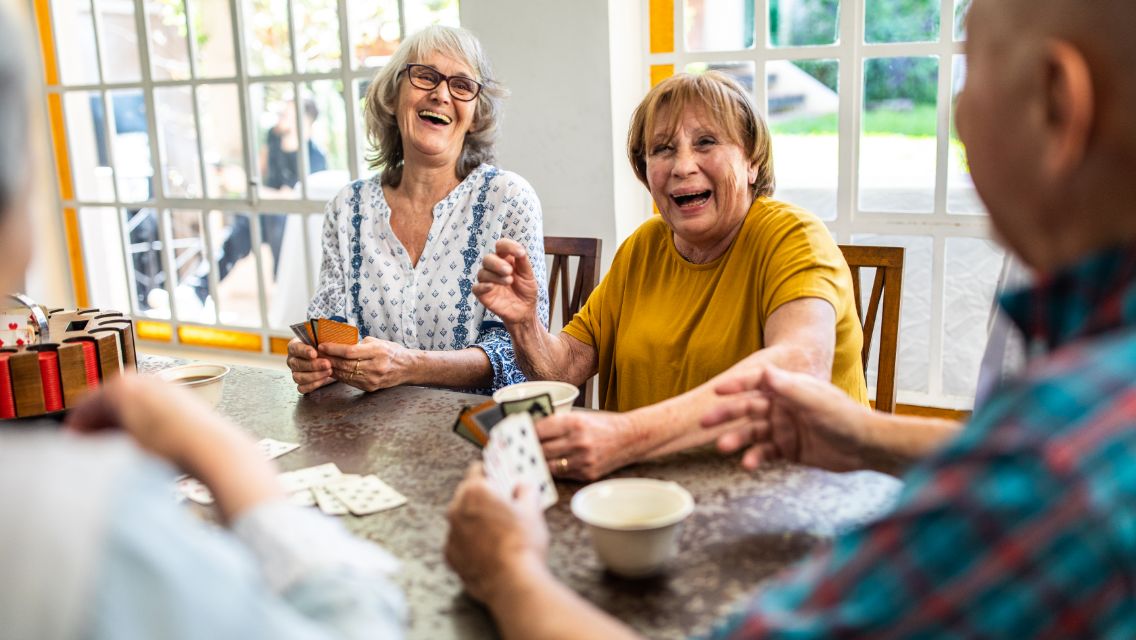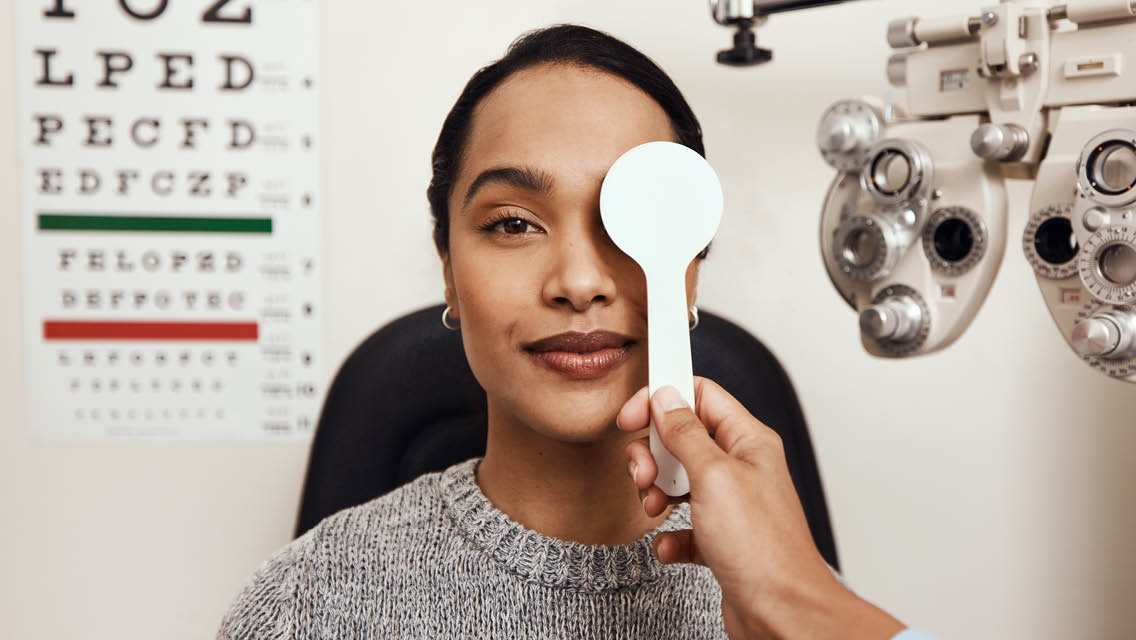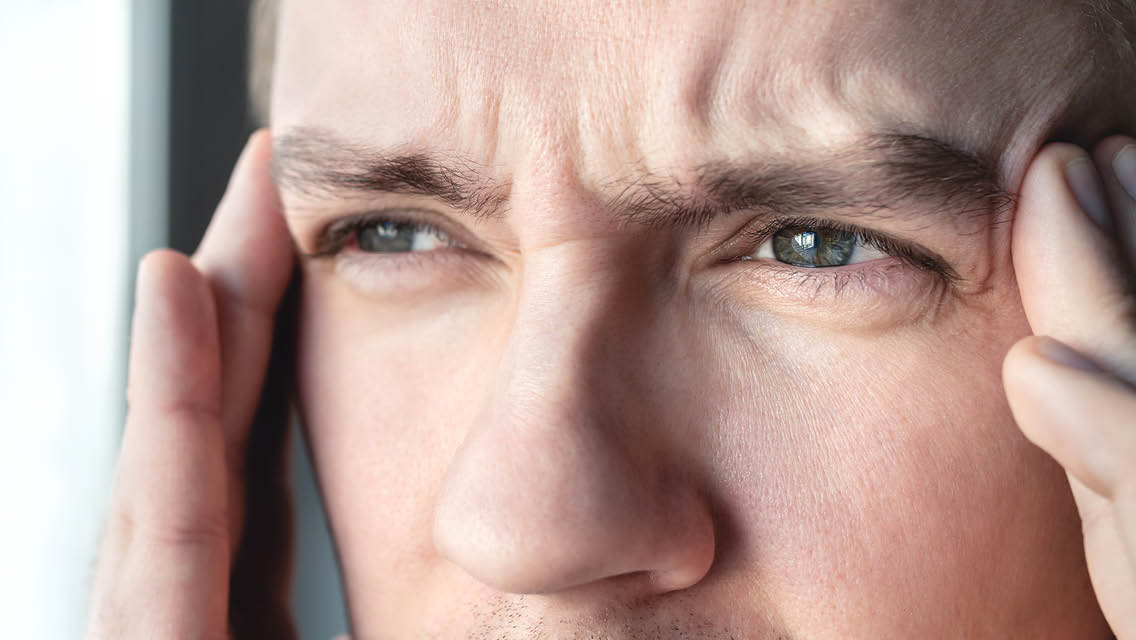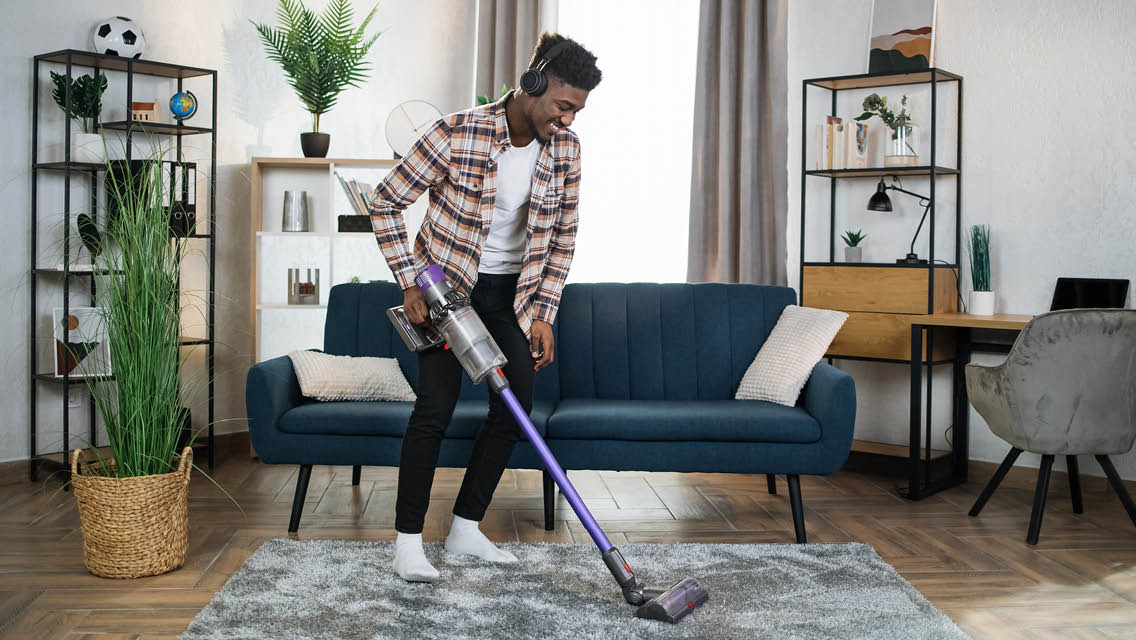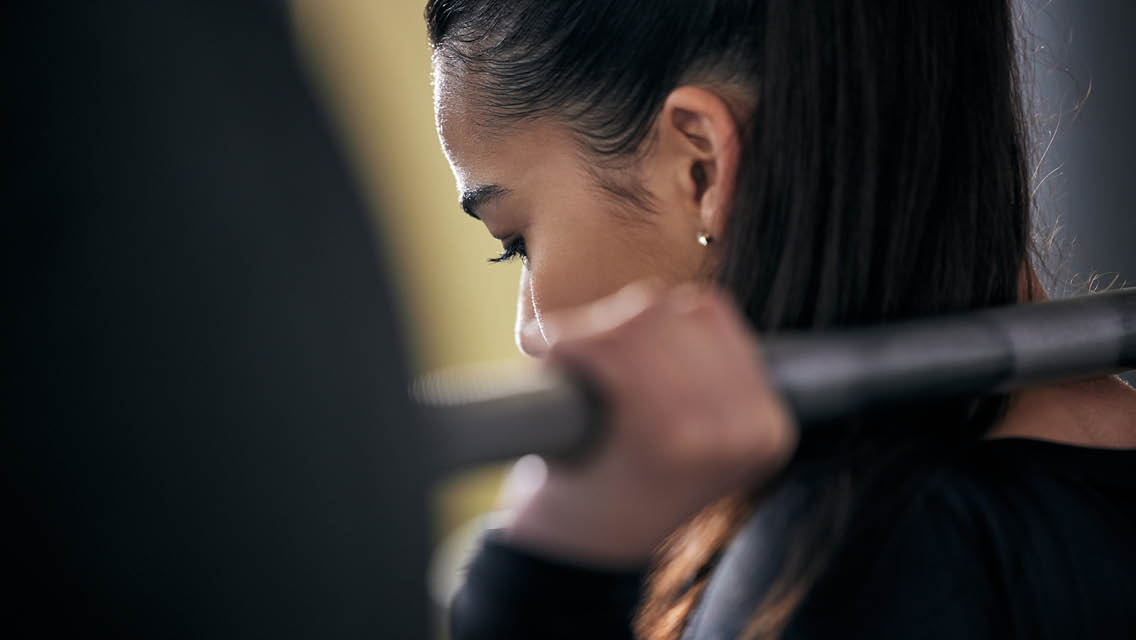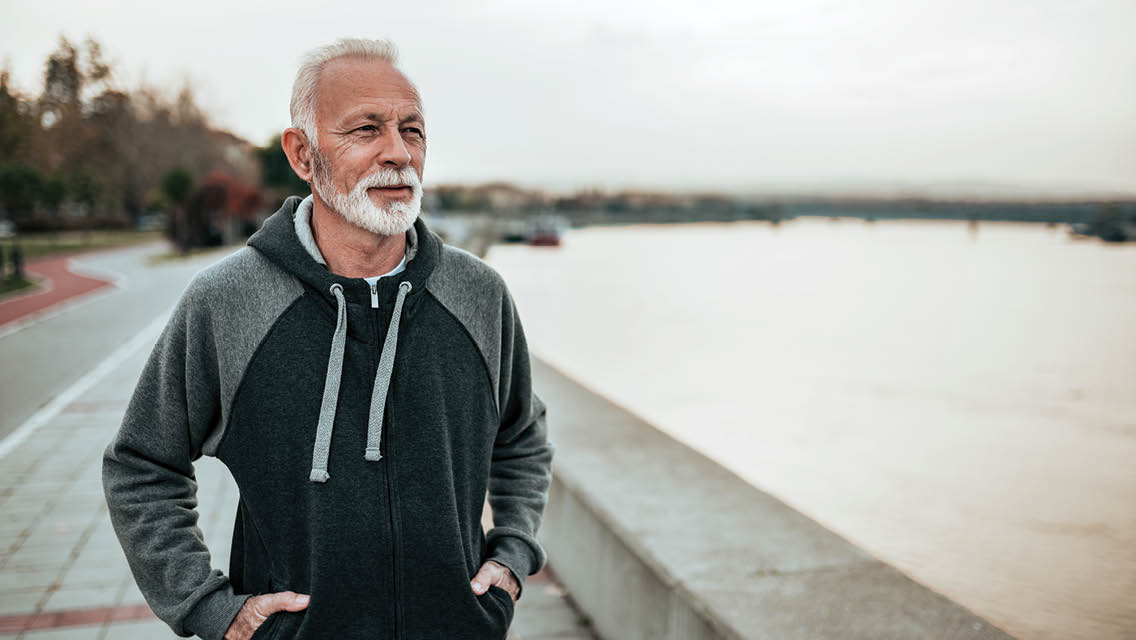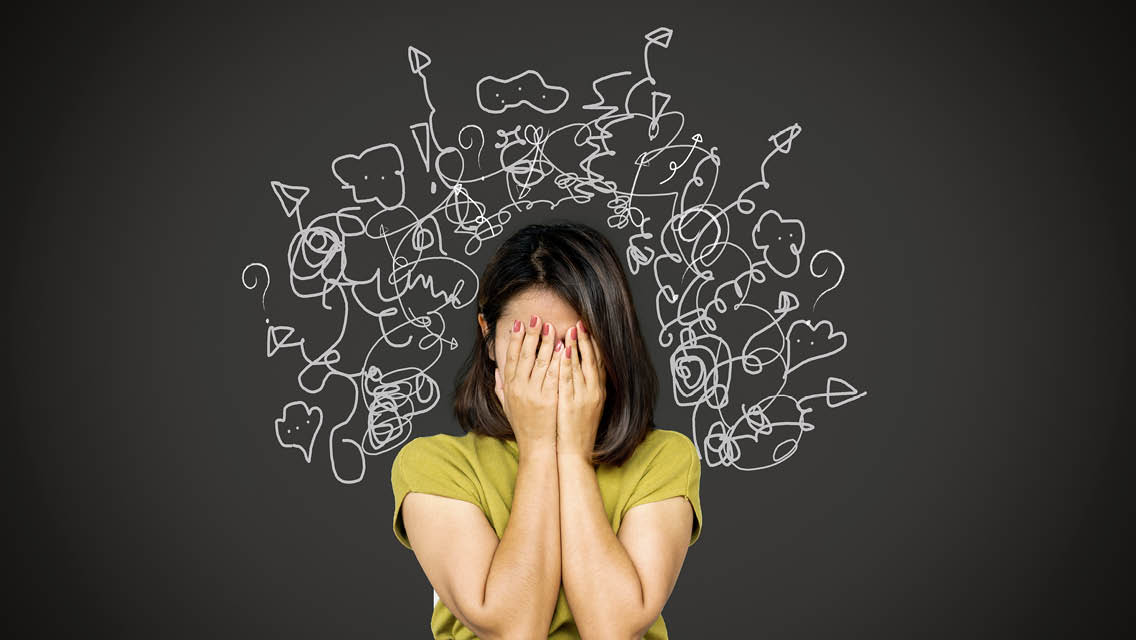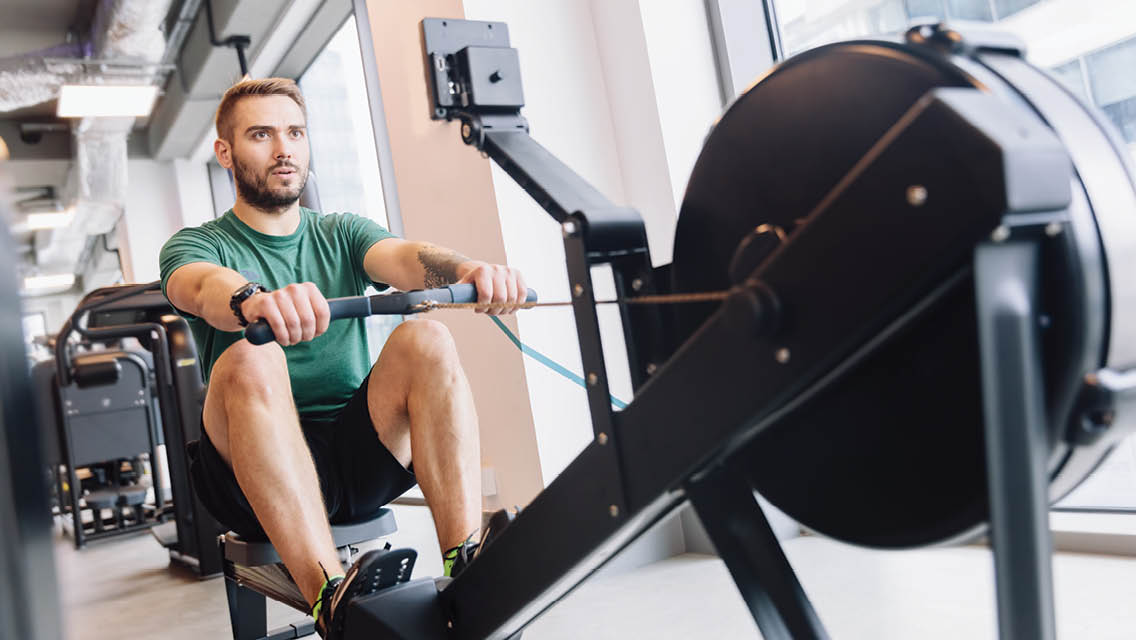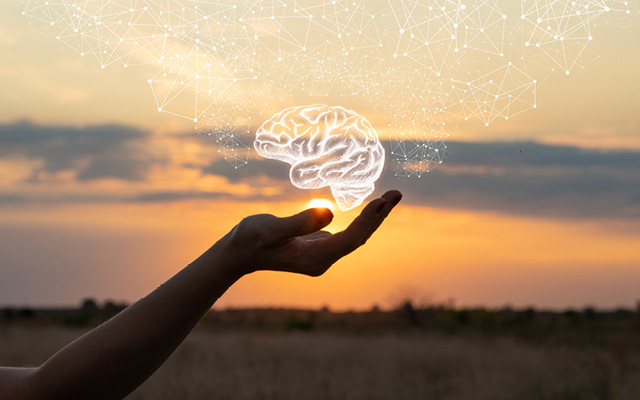Brain Health
LATEST STORIES
Game On!: 3 Ways Games Boost Your Health
Card and dice games have come to Life Time — and an ARORA co-founder shares three reasons getting dealt in is good for your health and well-being.
PUMPING IRONY: Zapped!
Can we cure dementia by zapping our brains with electrical currents? Some enterprising researchers would certainly like us to think so.
The Cognitive Benefits of Cataract Surgery
Untreated cataracts could contribute to dementia and depression, according to recent research.
Want Smarter Children? Teach Them Music
Music can shape stronger neural networks, according to a recent study.
PUMPING IRONY: Class and Cognition
A new study suggests that people mired in low-wage jobs for long periods of time may suffer cognitive decline earlier in life than those favored with a more affluent life. My checkered career leaves me wondering where I stand.
Can Lithium Orotate Be Used for Everyday Mood Support?
Lithium carbonate is a popular medical treatment for bipolar disorder, but a milder, over-the-counter form of this mineral can be used as a mood stabilizer.
How to Treat Postconcussion Syndrome
About 20 percent of people who sustain a traumatic brain injury have postconcussion syndrome — symptoms that last for months or even years. Here are three therapies that may help.
Is Doing Housework Good for Your Brain?
Vacuuming and cleaning windows may help our cognition and attention spans, according to a recent study.
Can Exercise Build Brain “Muscle”?
Yes, according to recent research — and it might also help reduce the neuroinflammation connected with Alzheimer’s.
NATURAL MENTAL HEALTH: How Nature Supports Our Mental Health
Here’s how nature supports our mind and mood — and how to get more of it.
Can Taking a Walk Help the Aging Brain?
Regular walks can help improve the brain’s white matter, according to a recent study.
PUMPING IRONY: Healthy Housework
Recent research suggests that my regular efforts to tidy up the house may help my aging brain and body function more smoothly.
PUMPING IRONY: Foul Air, Faulty Brain
Raging wildfires and other sources of airborne pollution are threatening more than our respiratory and circulatory systems. New research is strengthening the link between air quality and dementia.
How Fitness Can Improve Your Brain and Mental Health
Moving your body can help you sharpen your focus, improve your mood, and more.
Morning Exercise May Stoke Your Brain All Day Long
Morning movement can increase cognitive skills, according to a recent study.
Understanding ADHD
Treating ADHD starts by understanding what it is — and what it isn’t.
Protecting Our Brains: TBIs, Concussions, and Everyday Healing
Traumatic brain injuries (TBIs) are most often connected to sports-related trauma, yet nearly half occur in everyday life from incidents such as slips, falls, and even infections. The good news: There’s hope for healing. Jeremy Schmoe, DC, joins us to talk about how to identify abnormalities and the ways we can better support our brains.
NATURAL MENTAL HEALTH: This Is Your Brain on Screens
How digital devices affect our mental health.
Emotional Biochemistry
Like it or not, emotions share some very real biochemical links with your nervous, endocrine, immune and digestive systems. Isn’t it time you learned something about how your body responds to what you feel—and vice versa?
NATURAL MENTAL HEALTH: 7 Ways to Boost Serotonin Levels — and Your Mood — This Summer
When the temperature rises, serotonin levels may fall, along with your mood. Turn down the heat with these Ayurveda-inspired tips.
